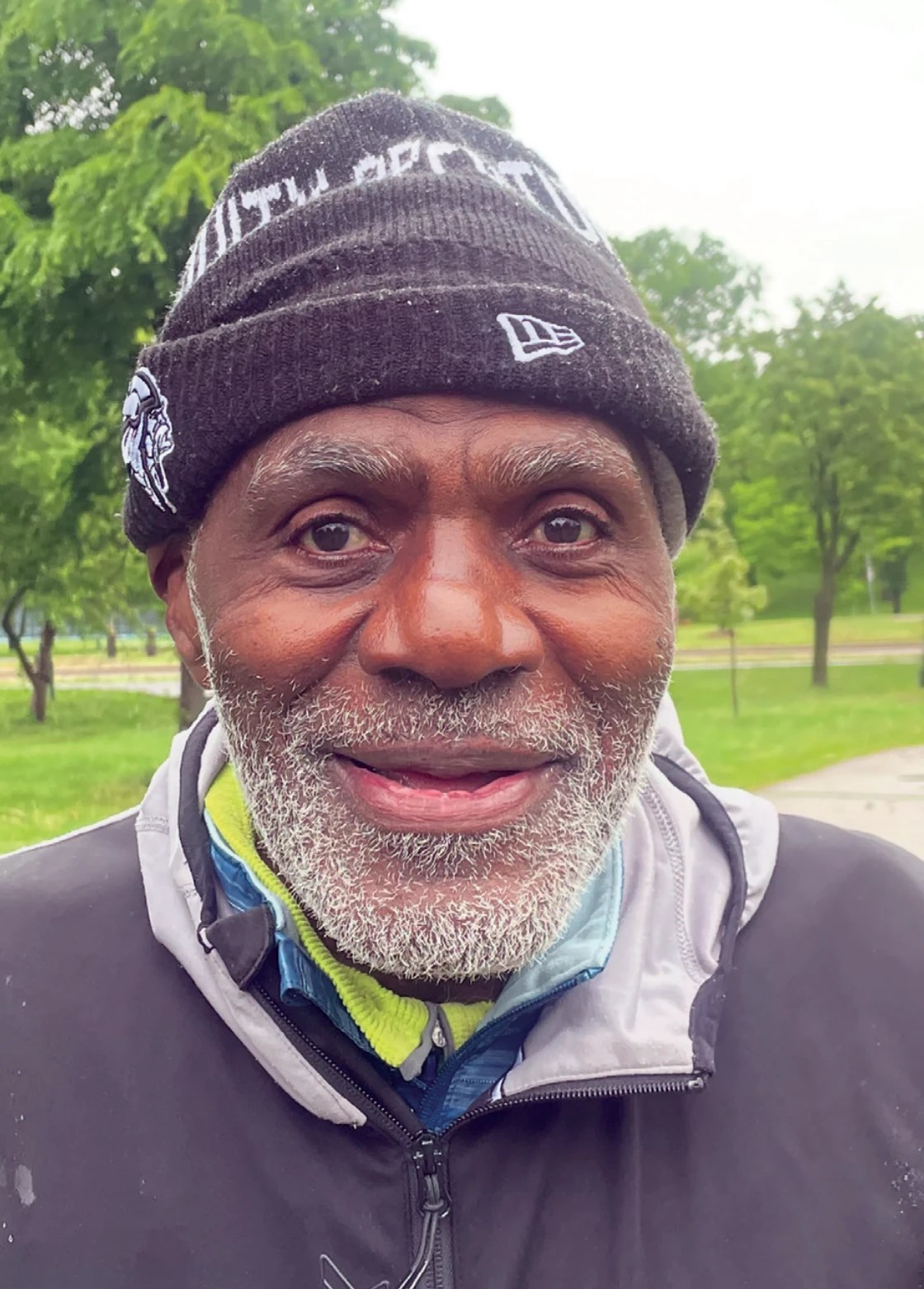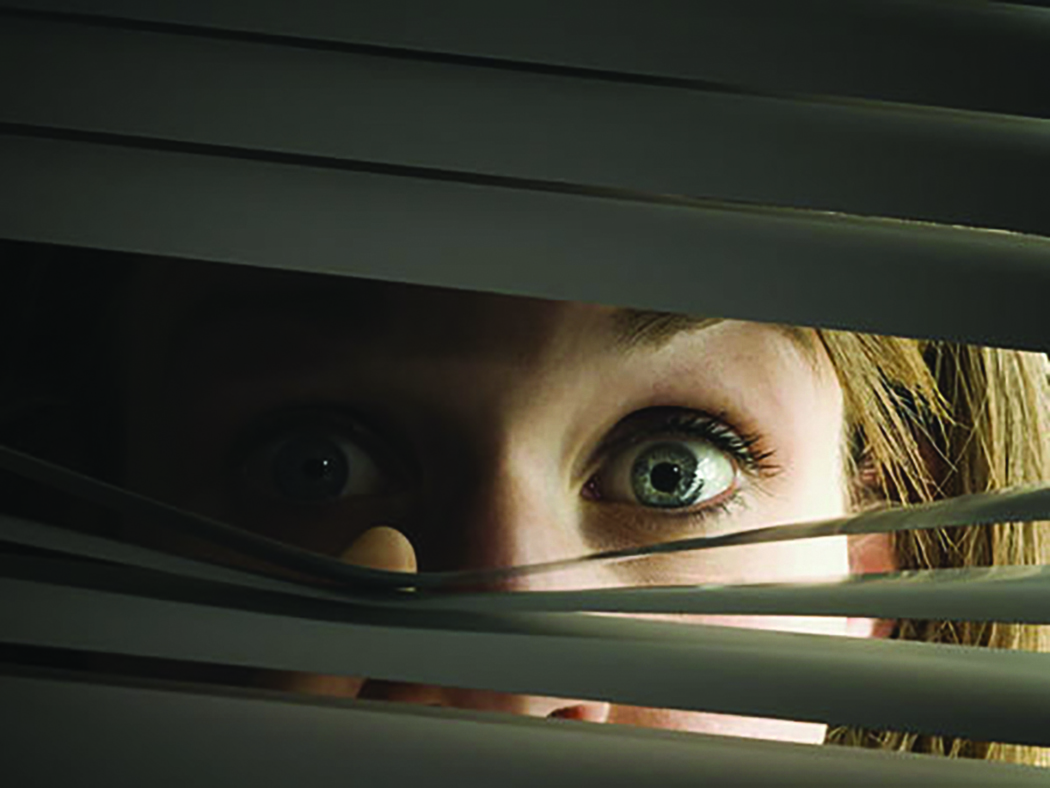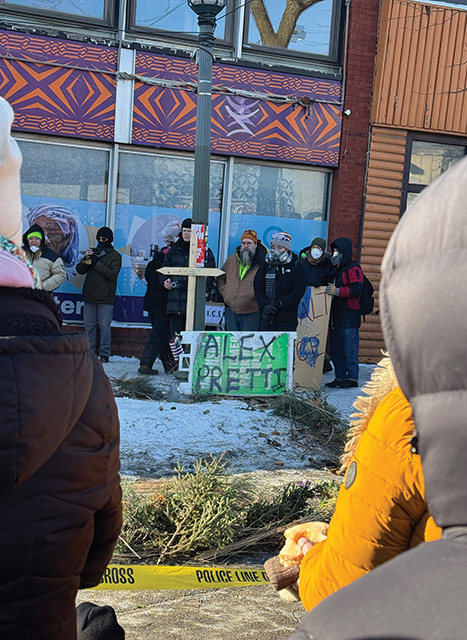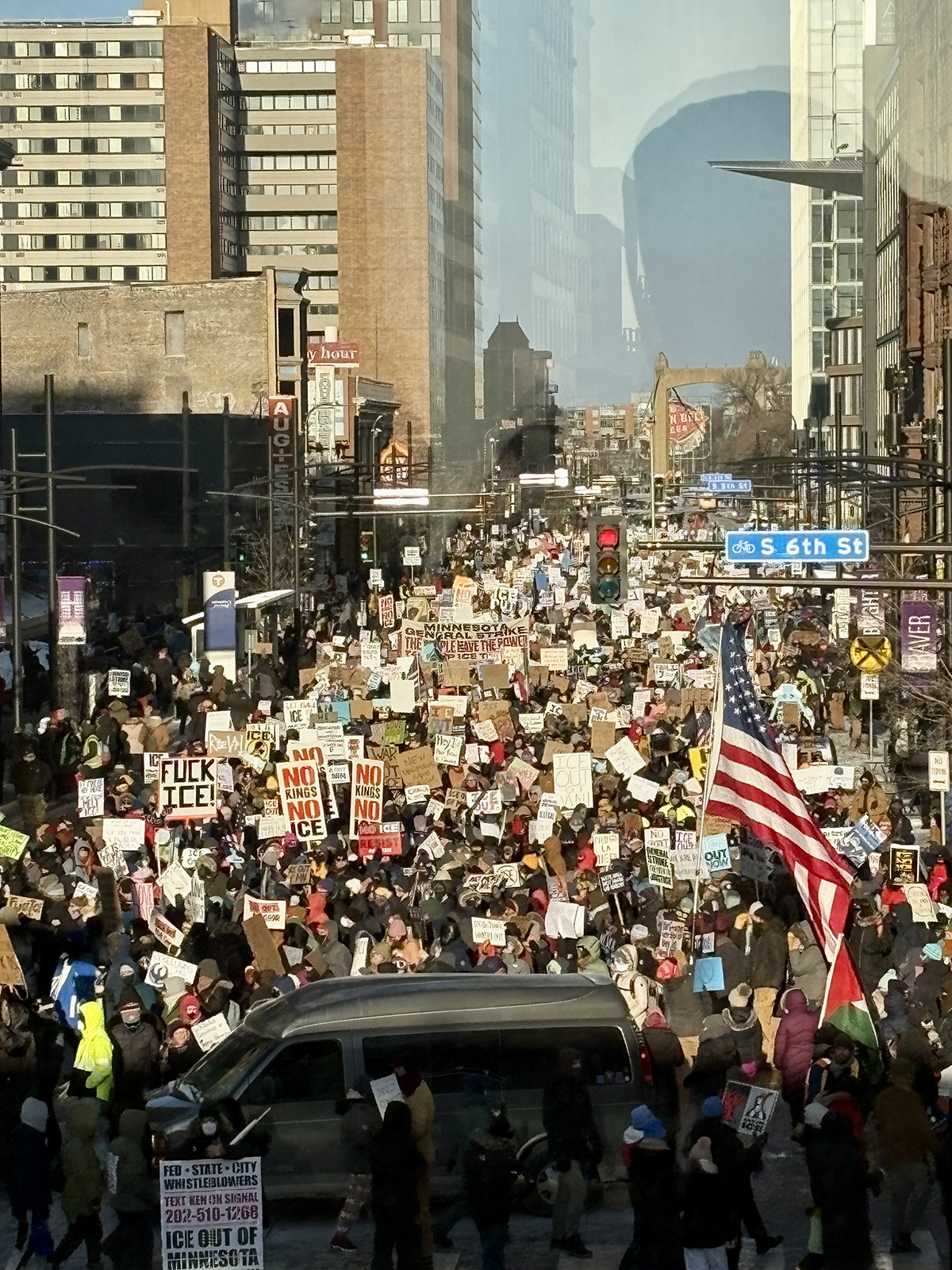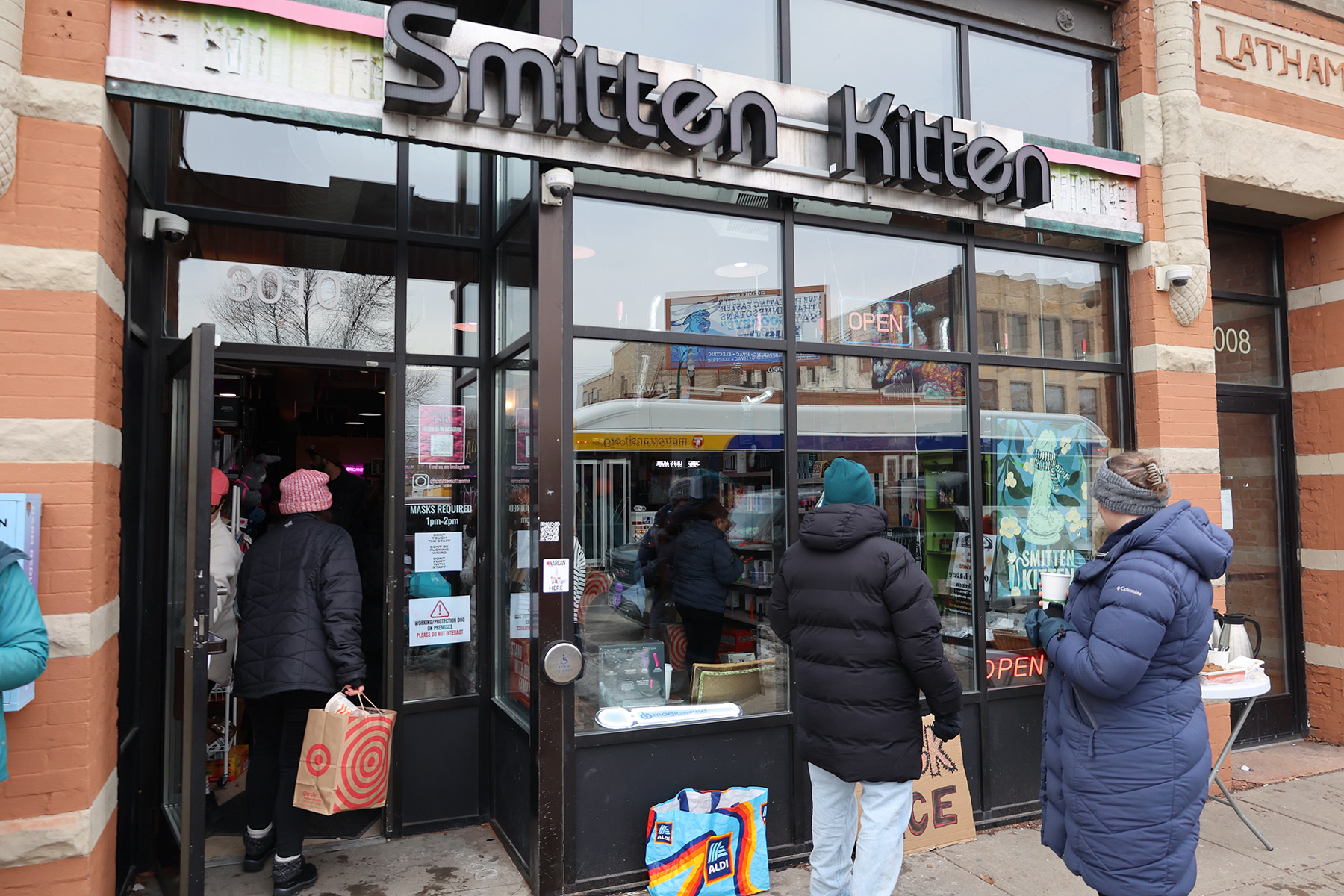Justice Alan Page hardly needs an introduction. He’s a football legend, the first African American to serve on the Minnesota Supreme Court, an NFL Most Valuable Player, a College Football Hall of Famer, a Presidential Medal of Freedom recipient, a children’s book author — and, together with his late wife, Diane Sims Page, the co-founder of the Page Education Foundation. Two schools proudly bear his name: Justice Page Middle School and Justice Alan Page Elementary.
Justice Page graciously agreed to a Hill & Lake Press interview — perhaps because he has called this neighborhood home for more than 50 years. He and Diane purchased their lot here in 1973 and built the house they would share for decades.
Our conversation was thoughtful and wide-ranging. He spoke with quiet pride about his life’s work and with unmistakable warmth about Diane and their shared belief in the power of education. I had assumed — wrongly — that he might be pessimistic about the future. Instead, his optimism is steady, rooted in his faith in young people and the belief that education can change everything.
I caught him after one of his daily walks around the lake, purple cap in hand — a nod to his Vikings days and the legendary Purple People Eaters defensive line. When I told him he looked sharp in the photo I took, he smiled shyly and looked away.
“Oh, I don’t know about that,” he said. For all his accolades, Page is clearest about what matters most: Diane, their four children and the Page Education Foundation. And maybe, just maybe, he’s also a little proud of playing the sousaphone for runners at the Twin Cities Marathon.
The next article in this two-part series, appearing in the September issue, will focus on Page’s professional career, his family and his relationship with Diane.
You were born in Canton, Ohio, in 1945 and graduated from a Catholic high school in 1963. Tell me about your parents and siblings.
I have three siblings — two sisters and a brother — all older: Eric, Howard and Georgiana. My dad ran a bar for a while and worked in the vending machine business. My mom worked at a country club.
As I understand it, your mother died when you were 13. Tell me about her death, if you’re comfortable discussing it.
She had gone to the Cleveland Clinic for a biopsy. She’d been having breathing and lung issues. And she didn’t come home.
Tell us about your high school experience, especially playing football. Were there many African American students at your school?
I started playing football in ninth grade. Up until then, I’d never played. I kept playing throughout high school.
I would say my high school experience was typical — but I don’t really know what was typical for other people. I don’t think I was popular, but I don’t think I was unpopular either. It was a school segregated by gender and 99% white. I was one of very few African American students, much less in my class.
What was it like being one of only a few African American students?
It was the life I had. I didn’t spend much time thinking about it — that’s just the way it was. I’d go to school, do my work and spend time with my friends.
School was kind of a double-edged sword because I was able to get by without working too hard. At that age, that seemed like a good thing. What I didn’t realize was that, while it was relatively easy, I wasn’t applying myself. I was getting by — but I wasn’t learning how to learn. Quite frankly, that didn’t happen until law school.
What did you envision for your life after high school — if, as a kid or teenager, you thought about that?
As a young kid — probably in third, fourth or fifth grade — I started thinking about the law and being a lawyer. I didn’t know any lawyers. There weren’t any in my family. But people ask you what you want to be when you grow up, and I would say a lawyer.
Why did you start thinking about being a lawyer so young?
There were stories that lawyers made lots of money, didn’t work too hard and drove big fancy cars. And for somebody like me, growing up in Canton, Ohio, the prospects in the 1950s … well, if things went well, I might find a job in a steel mill.
But I probably also watched a little too much Perry Mason at that age.
The thing that triggered it for me was the 1954 U.S. Supreme Court Brown v. Board of Education decision. Growing up Black in Ohio — I could’ve been a Black kid anywhere — you understand from a young age that people look down on you because of your race.
Brown was, in a sense, life-altering. It made clear that state-sponsored segregation was going to come to an end. It sounded the death knell not just for segregation in education, but in housing, employment — in any number of areas. Honestly, it probably was more effective in ending segregation outside education than within it.
What did Brown mean for you at the time?
Brown gave me hope — a sense of the power of the law. If the law had the power to change state-sponsored segregation — and mind you, this is all in the mind of an eight-year-old — but if the law had that power, it could create justice.
And at the same time, the civil rights movement was happening. To the extent that I was aware — and you almost couldn’t help but be aware — that also played into that sense of hope.
After high school, you attended the University of Notre Dame on a football scholarship. Tell us about that.
I think there were roughly 6,000 students and maybe 30 students of color, including international students.
During the time I was there — the mid-1960s — South Bend was going through difficult economic times. The Studebaker plant closed. And at the same time, you’re on this campus famed for its Golden Dome — that gold-plated roof. The juxtaposition wasn’t lost on me.
Was attending Notre Dame a positive experience? Were you subject to racism there?
Overall, it was very positive and very beneficial. As for racism — as I said, almost from the time you’re old enough to understand how people perceive you, that’s part of life. You can focus on it and let it control you, or you can live your life and deal with it as you do.
I’ve been fortunate to understand that those who would discriminate against me — or anyone else, for that matter — based on race, gender, sexual orientation, whatever it might be, that’s their problem. Not mine. It’s not my responsibility to carry their burden for them.
